This website uses cookies so that we can provide you with the best user experience possible. Cookie information is stored in your browser and performs functions such as recognising you when you return to our website and helping our team to understand which sections of the website you find most interesting and useful.
mindset
podcast
plant-based tips
meal prepping
meal planning
listen now
Plant-based inspiration and wisdom for your nutrition journey
Plant Centered &
Thriving Podcast
Tune in!
learn more
My motto? Take it step by step. Everyone’s on a different journey, and nutrition never looks exactly the same for any two people. To build sustainable, healthful eating habits, I believe in a personalised approach that gets to the root of your unique needs and goals.
Your Registered Dietitian Nutritionist & plant-based eating advocate
hey! I'm Ashley Kitchens
Are you like so many who start their day by stepping on the scale? This is a habit for many people and it is no surprise since diet culture has convinced us that the number on the scale is the sole barometer that we use to measure health. But that is simply not true!
You can measure the success of your plant-based journey without ever stepping on the scale or using your weight or the size of your pants. Because so often, especially with dieting and diet culture, the scale seems to be the center of all of this. But if you’re wanting to get away from that, here are 10 other ways to measure your success that don’t involve the scale.
What we really want to focus on is how you feel.
- What changes do you see in your behaviors and your habits?
- What do you notice in how you think about yourself or what you say to yourself?
- What do you say to yourself when you look in the mirror or what don’t you say to yourself?
In intuitive eating, the scale is a meaningless measure of what is truly important. Rather, with intuitive eating, the belief is that one of the most immediate ways to show respect to your body is to stop weighing yourself.
10 barometers can be quite a lot. So, to work with some of these different techniques, choose a couple that resonate specifically with you and start working on those. But let’s first address the elephant in the room. If you’re worried about your weight, how can you keep an eye on that without stepping on a scale? You’ll soon find out that there are so many other non-weight-related wins that you can have, so let’s break them down one by one.
1. You feel more attuned to your own hunger and fullness cues
Especially for those who have been dieting for years, it is the diet that dictates when you’re supposed to be hungry and when you’re not. Plus, it involves a lot of shame and guilt around being hungry. But if you learn to listen to your own hunger and fullness cues, this can be incredibly empowering. You’ll gradually be more attuned to how and when you feel hungry and how and when you feel full and satisfied.
Relying more on your internal cues versus external cues (i.e. dieting rules) is such a great measure towards the right path of paying attention to your body. In this particular situation, progress can be measured, where maybe you’re not as scared of hunger as you once were. This is a common and valid fear that arises from dieting because hunger is almost treated like a “bad” thing or something to have willpower over. As you become more attuned to your body’s needs and its biological cues, over time, you start to build trust with your body. That’s progress.
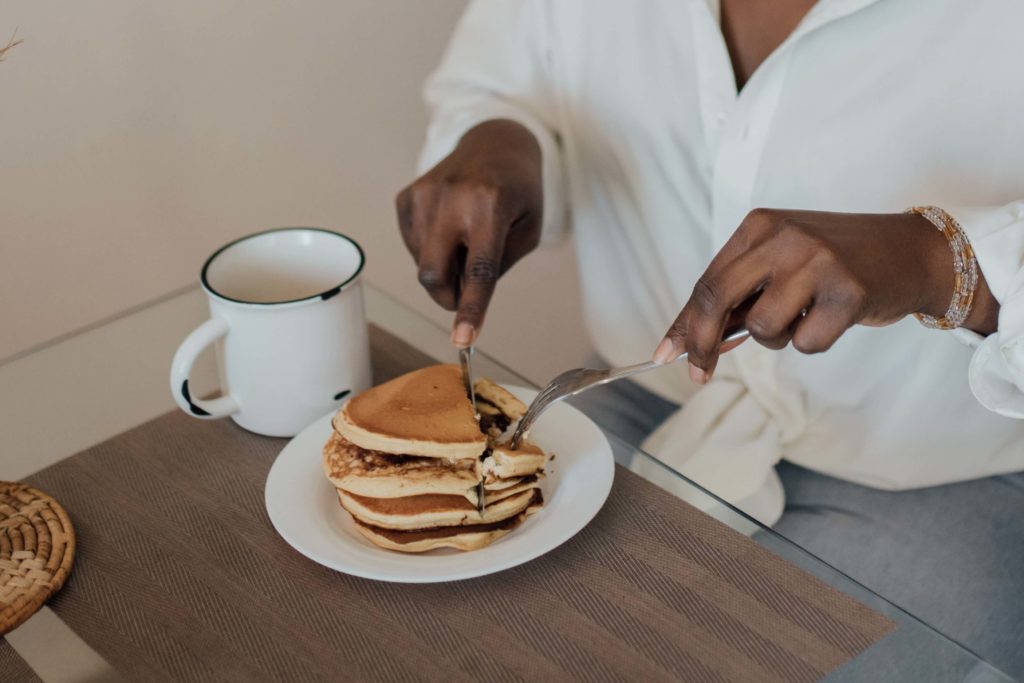
2. You’re letting go of that inner critic
Number two of measuring progress is to let go of that inner critic. Maybe before, where you used to have a lot of negative things running rampant through your head, you’re able to redirect them or put a stop to them. Instead of letting diet rules, guilt, deprivation, fear or negative thoughts guide you, you’re flipping that script. Those inner mean girls or boys are no longer dictating what’s going on inside your head or influencing your thoughts. You’re really working hard to think differently and it’s a beautiful thing when you can make progress in that area.
3. You have more energy!
For many of our clients, one of the first things they notice as they eat more plants and work on intuitive eating is an increase in energy. If you are eating things that are more aligned with you, you might notice that you feel a dark cloud being lifted. You have more energy after you eat, instead of feeling sluggish. So, instead of taking a nap after dinner, you might want to take a walk or read a book without falling asleep on the couch.
Depending on your lifestyle, you can enjoy the things that you like to do with all of that extra energy that you haven’t had before. As you become more in tune with what foods make you feel good and what foods make you happy, you’re more in tune with what your body’s needs as well as your energy levels. Paying attention to your energy levels is definitely a way to measure progress.

4. You find new ways to cope with emotions
In this example, we’re not always turning to food to cope with our emotions. The goal is to never not use food to cope with emotions because emotions are heavily tied to food. And once food is no longer your number one coping mechanism, you’re making progress in fulfilling your needs and emotions in other ways.
A lot of times it’s just taking the time to identify that you’re having emotions and taking the time to feel them. Just taking a breath and then asking yourself what you want or need at that moment can be really helpful. So, if you’re able to do that and that’s different from decades of what you did before, celebrate it!
5. You‘re eating more mindfully
Have you ever gotten to the end of a meal and feel like you didn’t even taste the food or pay attention to how much you were eating? It’s just eating, right? A thing to tick off the list?
Not quite. The goal here is to be more present with your meals. Take your time eating (when you can), maybe practice gratitude for where that food came from, or work on engaging your senses – tasting your food, smelling it, looking at it, enjoying it, that is a great mindfulness practice.
And mindful eating can look different to everyone. Maybe you’re eating with fewer distractions. Maybe you’re actually taking the time to taste the food that you’re eating or taking an extra five minutes versus just eating in two minutes. Whatever that looks like for you, evolving in that practice is progress.

6. Your view on movement shifts
As you continue on this journey, you might start to enjoy movement again. Perhaps you’re trying out new movements that you never thought you would try before. You’re challenging yourself in that way like when you were a kid and would just go outside and play.
Your flexibility might be improving and you’re actually exercising for fun and not for punishment like you used to do when you were dieting. If you work out or move during the day, you do so because you actually enjoy it, and don’t think about burning calories. The idea here is that your view on movement is shifting to one that feels more aligned and joyful. It feels more intuitive than something that’s militant or a punishment.
7. Your blood work numbers improve
If you want to use numbers without stepping on the scale, another great way to measure progress is taking a look at your lab results. Maybe your high cholesterol or high blood pressure is lowering. Those are the numbers that you can actually look at and use as a more accurate barometer for health, but they’re still not the only things that define success.
Because even for these numbers, food isn’t the only thing that affects them – it might be genetics, environment, or other lifestyle factors, just to name a few. But if you’re working on intuitive eating and on improving your relationship with food, these things could potentially lead to improving your lab markers, too.
8. Your digestion improves
Number eight is that digestion improves or maybe your bowel movements become easier to pass. This can also involve a decrease in bloating or simply being more regular. These are the kind of sensations where you often don’t really know how much they are affecting you until you start to feel better. And seeing an improvement in your digestion, feeling more comfortable in your body and spending less time on the toilet (or more time if you’re constipated), are great measures of success.

9. You sleep better
Sleep has such a huge effect on so many aspects of our life. How your skin looks, how much energy you have, as well as your digestion. Sleeping well seems like a small and simple thing, but it really spiderwebs out into many aspects of your life. If you can sleep better, your quality of life can really improve. And even though all those aspects mentioned are unique in ways to measure progress, they’re also intertwined.
10. You have more confidence
As you start working on ditching diet culture and improving your relationship with food, your body image, and your self-worth, you’ll feel more confident when you’re working on these things. Over time, you’ll notice that improvement in confidence level in both yourself and your decision-making. And so many things are impacted by that. That is what’s going to push your life into the good to great column. It’s not going to be that number on the scale.
Those are the ten ways to measure success. To work with it effectively, pick a couple that resonate with you and start working on them or start using them as ways to measure your success throughout your journey. And say goodbye to your scale!
Listen to the podcast episode
IF YOU LOVE US, TELL US
If you enjoyed this episode, go ahead and hit SUBSCRIBE. There is a new episode every Monday. Click here to subscribe on iTunes.
And if you’re feeling generous, take a few seconds to leave The Plant Centered and Thriving Podcast a review on Apple Podcasts. Hearing what you think helps me to curate the best content possible that will benefit YOU. So all you do is click here to review, click “Ratings and Reviews” and “Write a Review.”
Leave a Reply Cancel reply
more to explore
more to explore
Get weekly guidance to support your plant-based journey while strengthening your relationship with food, including weekly plant-based recipe ideas, tips, encouragement and so much more.
Join our newsletter
want blog updates?
explore
Founded by registered dietitian Ashley Kitchens, Plant Centered Nutrition shares approachable, evidence-based insights to inspire a balanced, plant-forward lifestyle. Ashley partners with brands, podcasts, and publications to show that healthy eating doesn’t have to be complicated—it just has to feel good and fit your life.
making plant-based eating easy, joyful, and realistic.











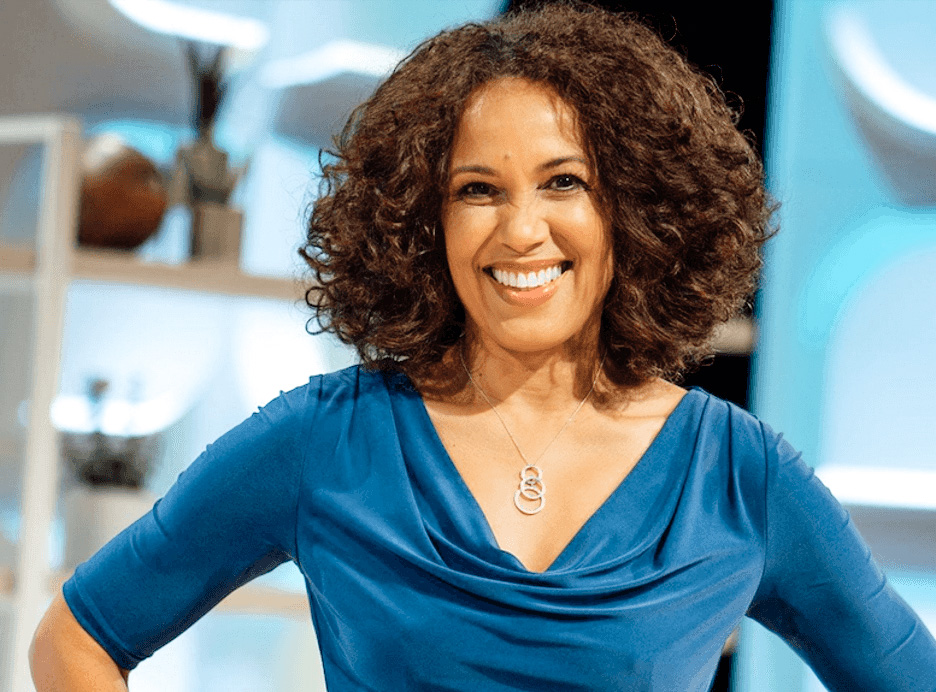
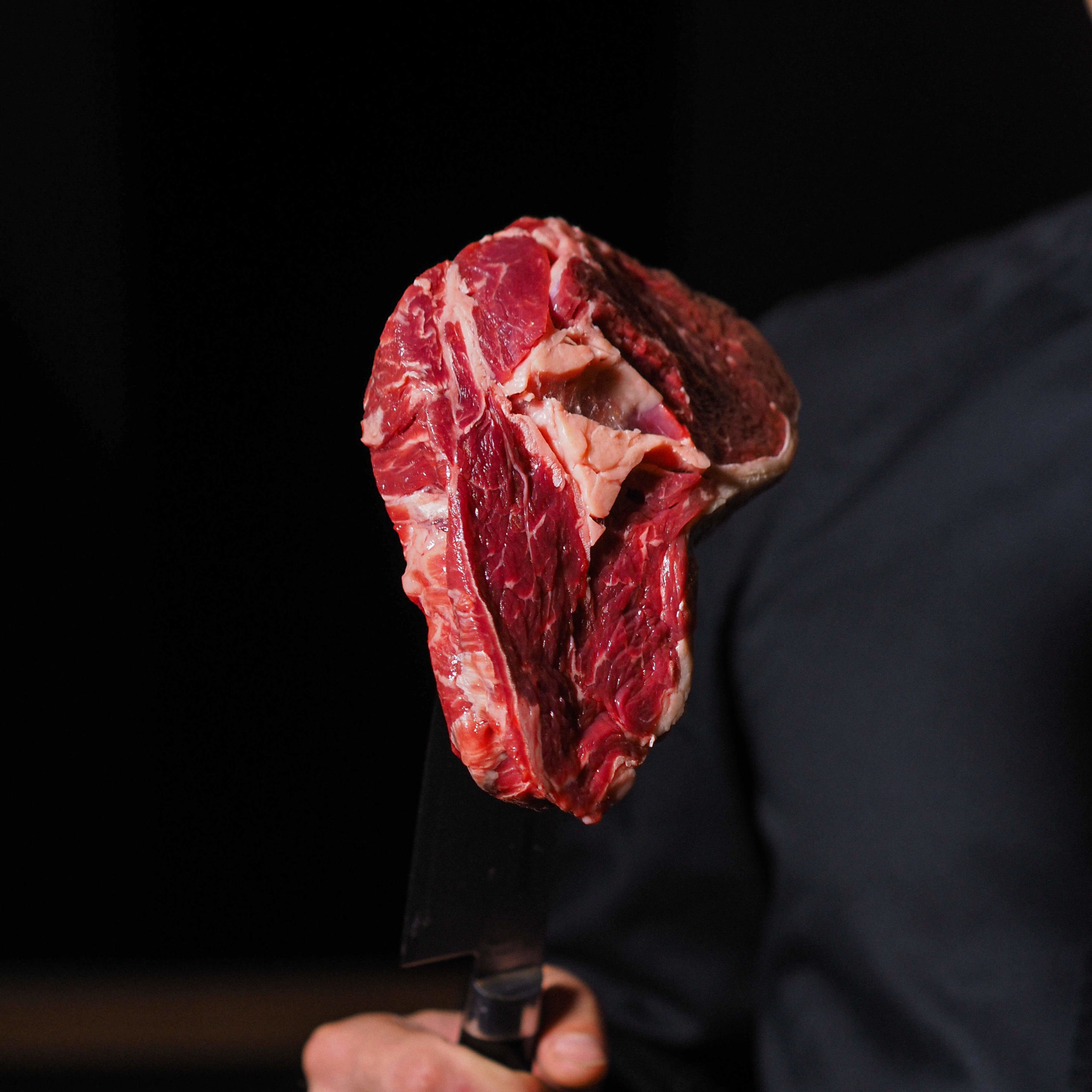

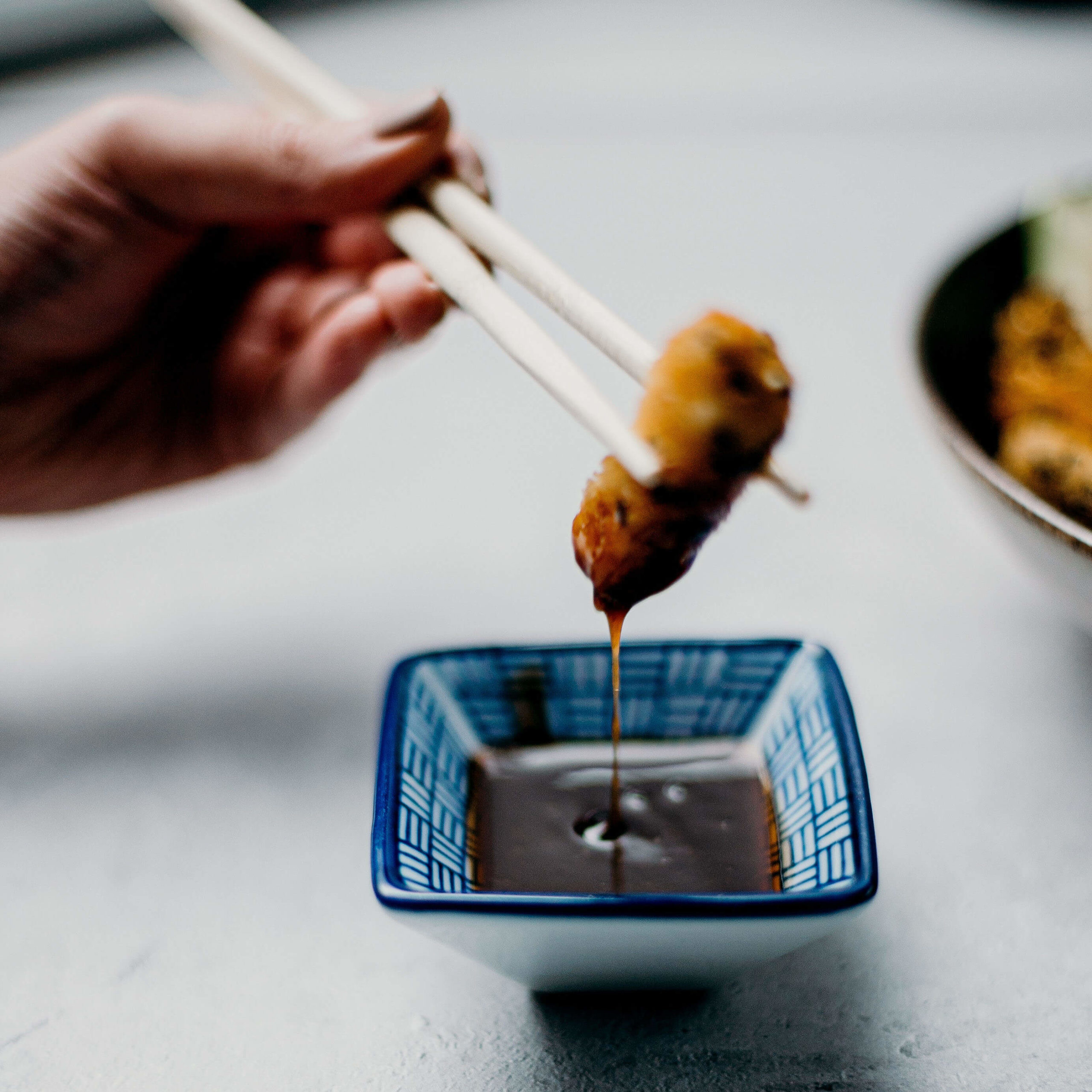

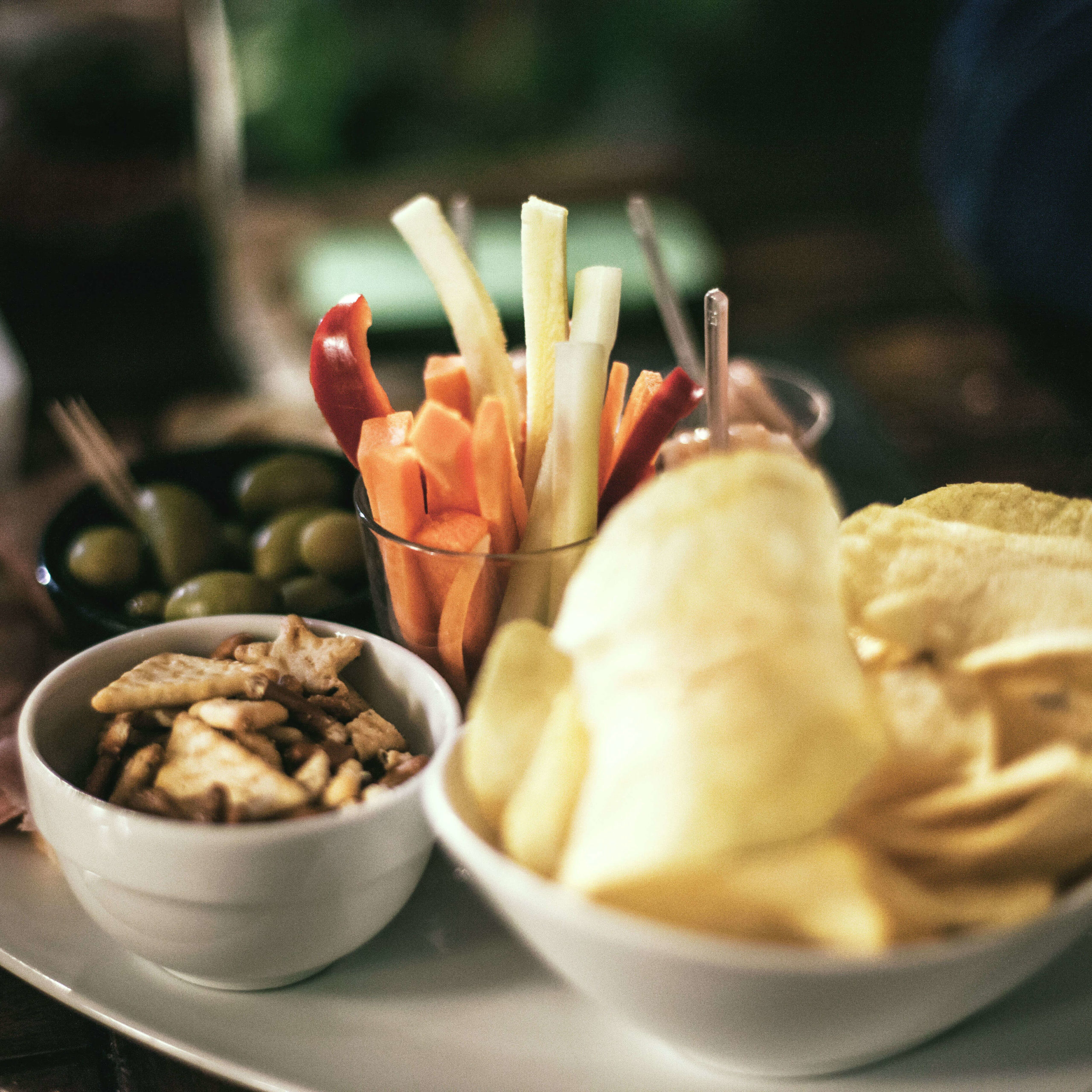

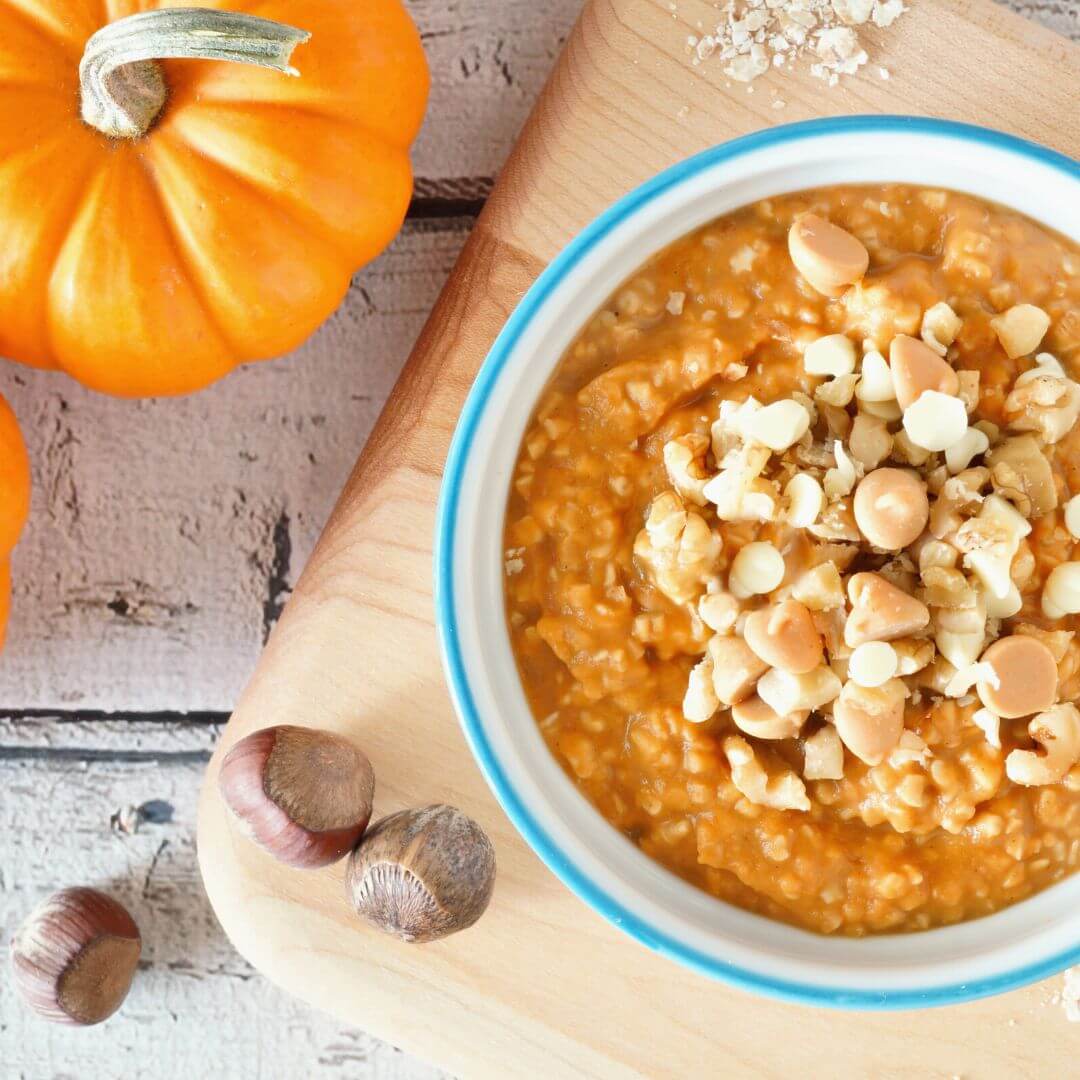

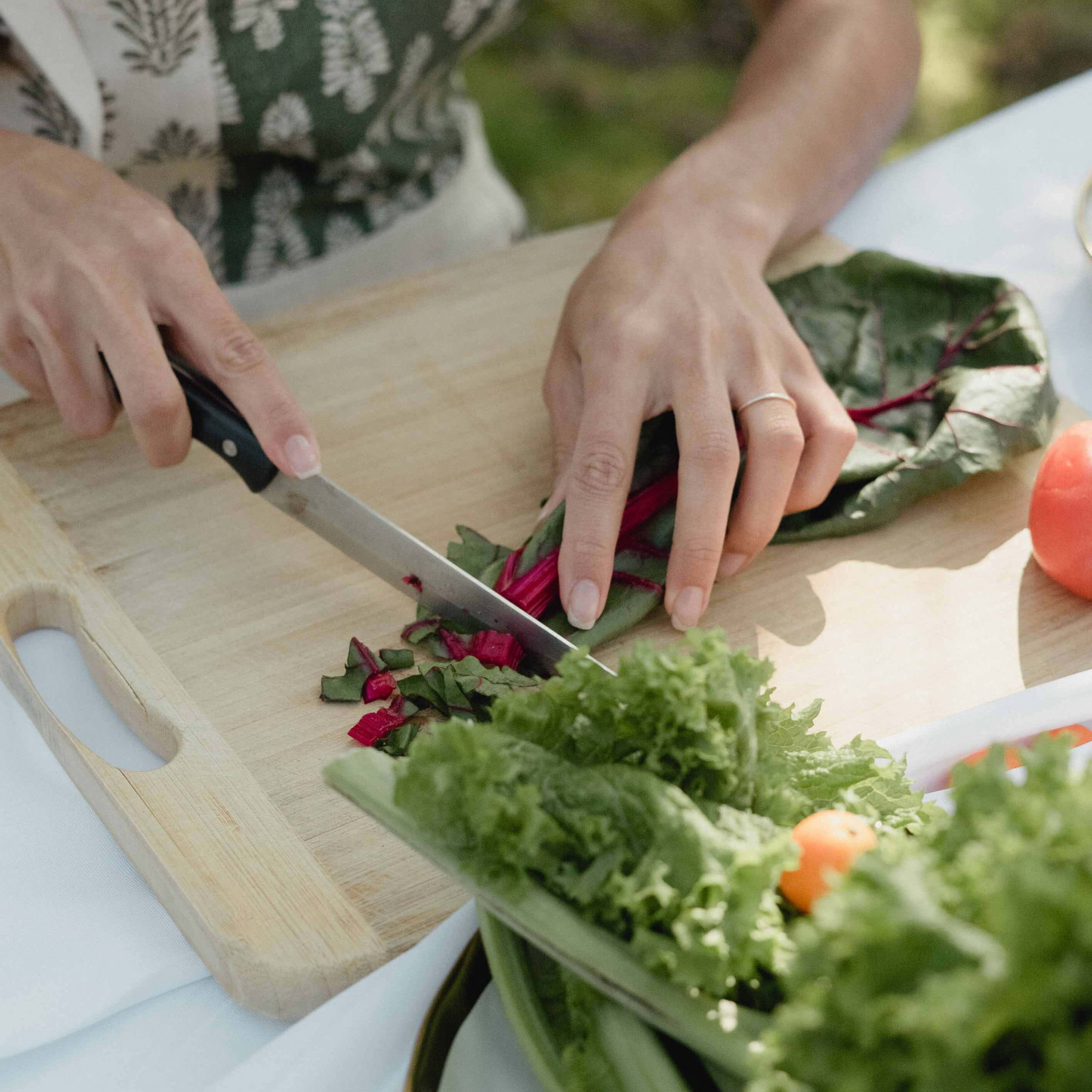

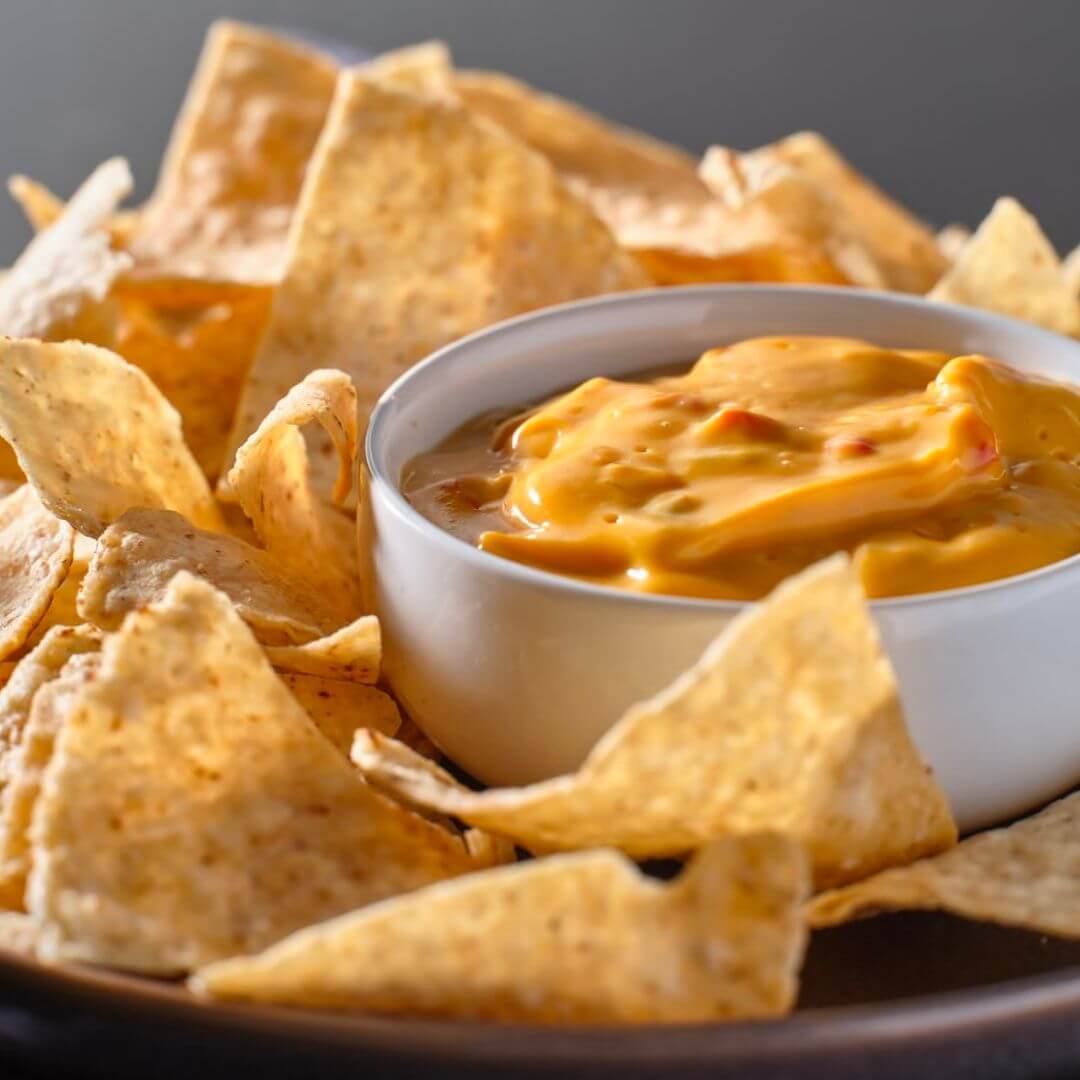
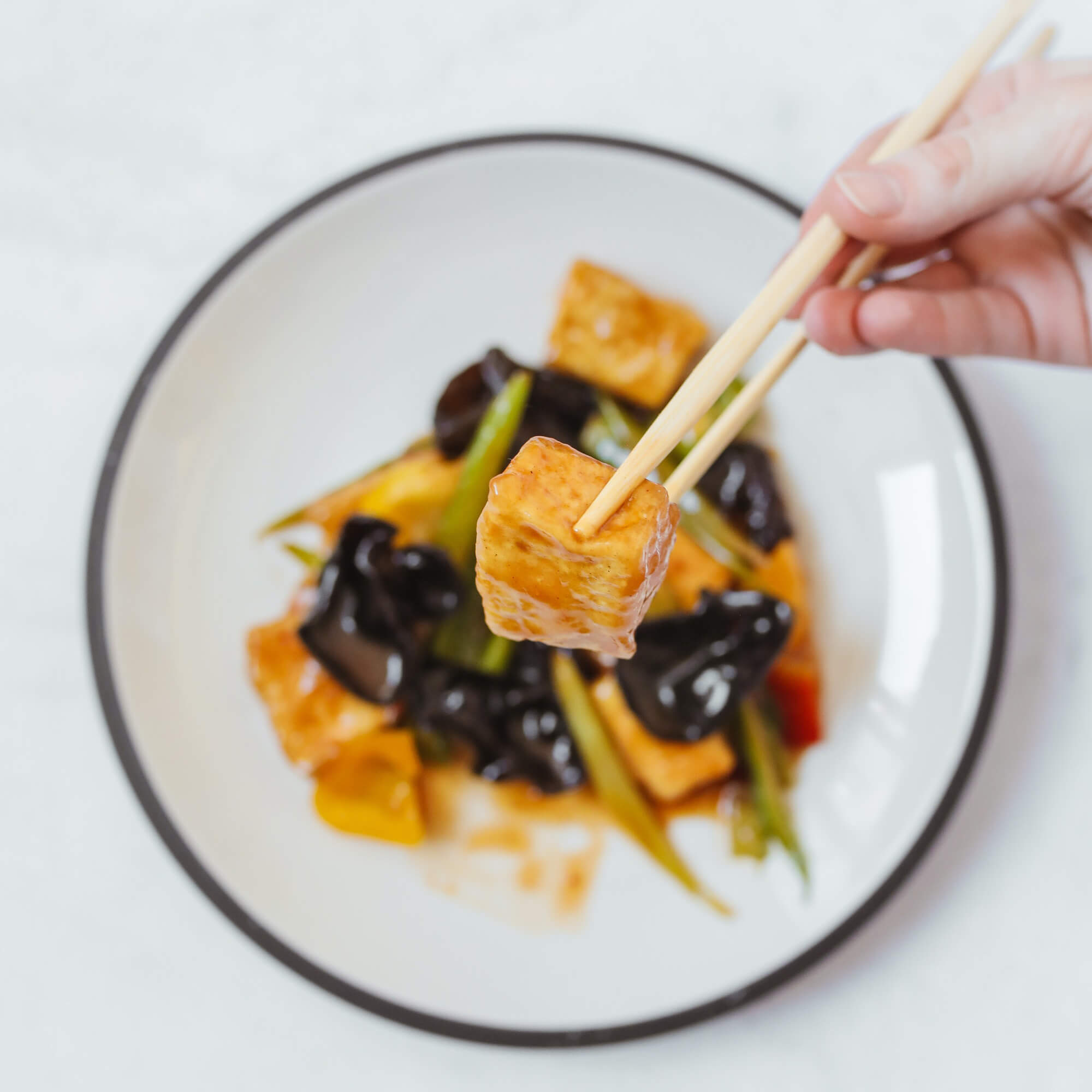


share
click to LEAVE A COMMENT